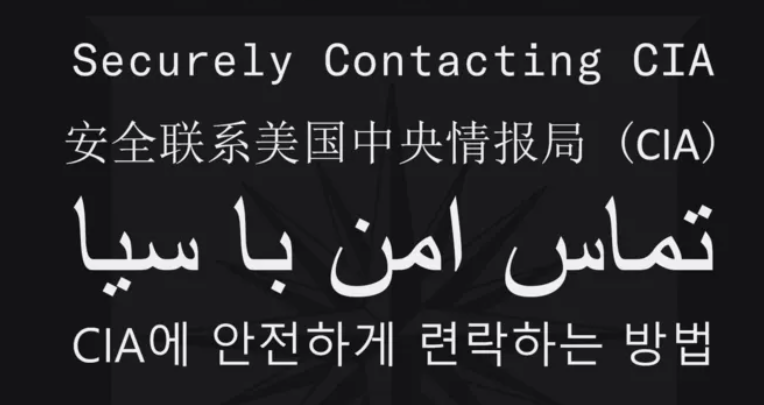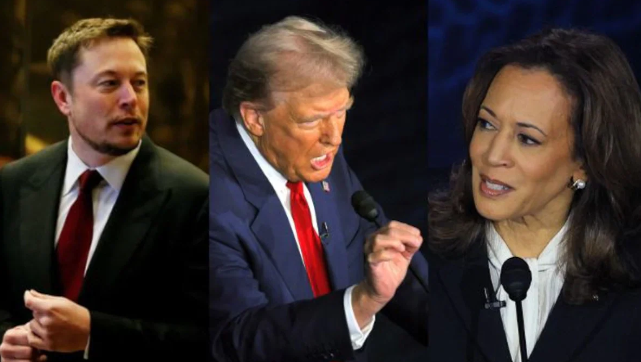CIA Launches Recruitment Drive for Informants in China, Iran, and North Korea
- Mathi Raj
- Oct 3, 2024
- 2 min read
The U.S. Central Intelligence Agency (CIA) has initiated a new campaign to recruit informants in China, Iran, and North Korea. The agency recently posted messages on social media platforms in Mandarin, Farsi, and Korean, providing users with instructions on how to securely reach out to them.

This initiative follows a successful recruitment campaign aimed at Russians after the invasion of Ukraine, which the CIA claims yielded positive results. "We want to make sure individuals in other authoritarian regimes know that we're open for business," a CIA spokesperson stated.
The recruitment messages, which were shared on various platforms including X (formerly Twitter), Facebook, YouTube, Instagram, Telegram, LinkedIn, and the dark web, requested personal information such as names, locations, and contact details. Users were advised to connect with the CIA through its official website using trusted encrypted Virtual Private Networks (VPNs) or the Tor network, a tool often associated with accessing the dark web.
Mason Richey, an associate professor of international politics at Hankuk University of Foreign Studies in Seoul, noted the uniqueness of this recruitment effort. "I can't recall any recruitment drive like this using social media, especially in Korean," he said, while also expressing skepticism about its effectiveness in North Korea, where internet access is severely restricted.
Dr. Richey speculated that the campaign might be targeting North Korean traders who cross into China and could have access to VPNs. U.S. intelligence agencies view North Korea, Iran, and China as "hard targets" due to stringent surveillance measures employed by these governments to suppress dissent.
"This effort reflects the CIA's adaptation to a global landscape marked by increased state repression and pervasive surveillance," the agency's statement added. However, Dr. Richey raised concerns regarding the potential intelligence gathered through this campaign. "You have to assume the CIA knows what it's doing, but one wonders how many discontented individuals are close enough to power to provide valuable information," he remarked.
Despite these doubts, American intelligence officials remain optimistic about reaching dissatisfied citizens willing to share critical information. CIA Deputy Director David Cohen noted, "There are plenty of people who have access to information and are disaffected by the Xi regime in China."
In response to the recruitment campaign, Liu Pengyu, a spokesperson for the Chinese embassy, accused the U.S. of conducting an "organized and systematic" disinformation campaign against China. "Any attempts to drive a wedge between the Chinese people and the Communist Party will inevitably fail," he stated.
Dr. Richey emphasized that this expansive recruitment effort underscores the U.S. perception of its national security challenges. "The U.S. believes it is not merely facing bilateral confrontations with China, Russia, Iran, and North Korea, but rather an emerging bloc," he said, drawing parallels to the Cold War era.



Comments